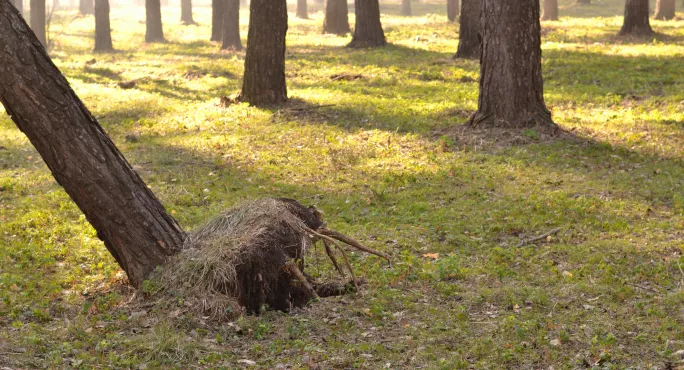Amid all the other political turmoil that surrounds us, the Labour conference at the weekend adopted a motion that called for the integration of all private schools into the state sector. Among other things this would involve:
-
Withdrawal of charitable status.
-
Quotas on the proportion of private school students accepted to university.
-
Endowments, investments and properties held by private schools being redistributed “democratically and fairly” across other educational institutions.
However, charity law and the charity regulator are different in Scotland. Management and oversight of schools are different in Scotland. Higher education is different in Scotland. Even a cursory glance at the independent sector north of the border, and developments since devolution, would show anyone in the UK how different this debate could be, and how much can change without the need for pulling the system up by the roots.
Quick read: Labour votes to abolish private schools
Labour conference: Labour mustn’t throw out the baby with the bath water
Brexit: ‘It’s daft to blame independent schools for Brexit’
In 2005, the Scottish Parliament unanimously passed what remains a unique, formal test of public benefit for independent schools. Schools’ charitable status, established by law, was to be maintained only on completion of a school-specific test. All this was designed by a Labour-Lib Dem coalition government. And it has led to means-tested fee assistance becoming the default for schools, with the overall amount more than tripling to upwards of £30 million per year.
At the same time, shared academic and sport resources, careers events, facilities, music and arts provision have all been audited to establish the place of independent schools in their communities. This widening of access has happened while schools continue to encourage high attainment and positive leaver destinations for pupils of all interests and abilities.
We know that the autonomy of independent schools in Scotland is guaranteed by law and maintained by independent boards of trustees or governors. We have legal advice that suggests the proposals to abolish or nationalise could breach the European Convention on Human Rights on the right to choose education. We assume that both OSCR (the Office of the Scottish Charity Regulator) and HMRC would have something to say about a government decision to take control of the charitable assets, including specific legacies, of any school.
Further to all this, those committed to the fully devolved Scottish education system might question the proposals to introduce VAT on all school fees to fund free school meals in England, which ignores the existence of free school meals in Scotland that are already paid for by the Scottish taxpayer.
What we already know for certain is that independent economic evidence shows the impact on the economics of parent-funded school places in terms of salaries, pension contributions and wider benefits. We know that the independent sector in Scotland educates almost 30,000 pupils at no cost to the state, with no impact on catchment pressures, class sizes or teacher numbers. We also know that boarding - which has no state equivalent in Scotland - brings more than 1,500 pupils to Scotland annually, adding to the economic and social capital of the country.
Rather than discussing the wholescale dismantling of a historic and complementary system, described by Scottish ministers as part of the “rich tapestry of Scottish education”, policymakers could look at what works, what is achievable - and what makes a genuine difference to young people’s lives.
John Edward is director of the Scottish Council of Independent Schools




